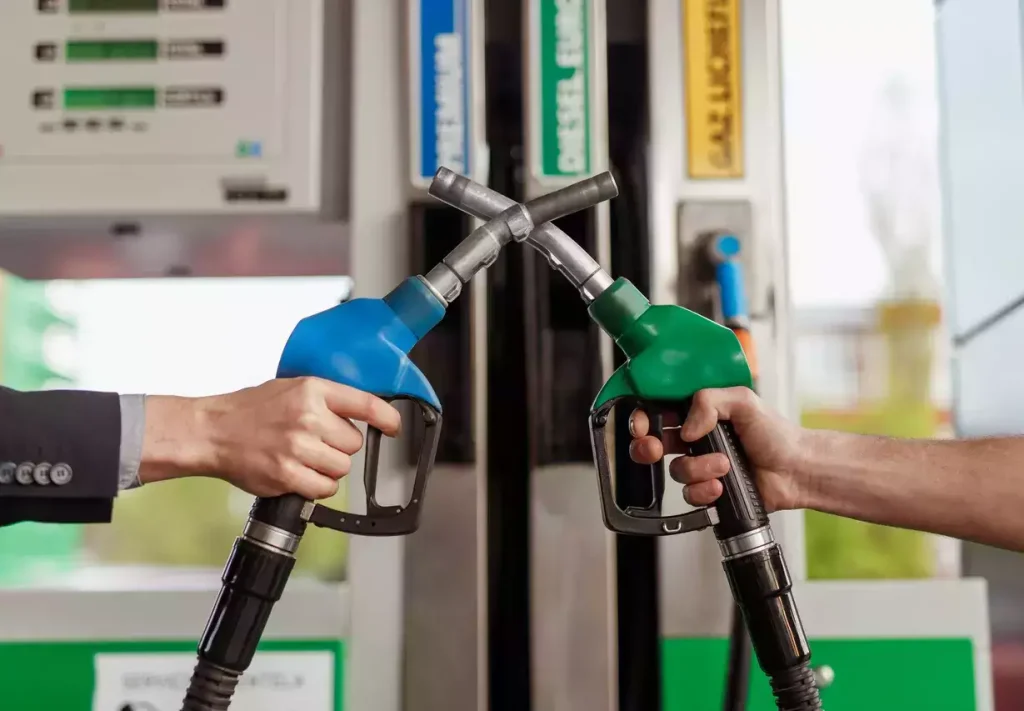The Trade Union Congress (TUC) has urged the Central Bank of Nigeria (CBN) and the Nigeria Customs Service (NCS) to provide the Nigerian National Petroleum Company Limited (NNPCL) with a special foreign exchange rate.
According to TUC President Festus Osifo, if the NNPCL is granted a special forex rate of around ₦1,000/$, instead of the official ₦1,600/$ rate, it would significantly lower the cost of petrol imports and reduce fuel prices to approximately ₦600 per litre from the current pump price of over ₦900, depending on the region. Osifo made this statement during an appearance on Monday on Channels Television’s Politics Today.

Osifo, who also serves as the President of the Petroleum and Natural Gas Senior Staff Association of Nigeria (PENGASSAN), argued that the core issue is not the removal of the petrol subsidy in May 2023 but rather the devaluation of the naira by the current administration. He explained that petrol prices would have been around ₦350 if the naira hadn’t been devalued when the subsidy was removed. The exchange rate shifted from approximately ₦700/$1 to over ₦1,600/$1.
Despite the recent increase in petrol pump prices from around ₦600 to over ₦900, Osifo noted that NNPCL is still indirectly shouldering a form of subsidy on petrol. He suggested that providing the NNPCL with a preferential exchange rate, similar to what was offered to Dangote Refinery, could eliminate the need for subsidies.
“If you give NNPCL a special rate, there’s no need for subsidies anymore,” Osifo said. “Customs have given special rates in the past, so it should also be applied to this sector. By selling crude to Dangote in naira at a rate of ₦1,000 per dollar, marketers could purchase petrol at a much lower price than what is currently possible.”
Osifo warned that without swift government action, the recent hike in petrol prices could lead to widespread job losses and business closures, as already predicted by organizations like the Nigerian Association of Chambers of Commerce, Industry, Mines and Agriculture (NACCIMA), the Lagos Chamber of Commerce and Industry (LCCI), and the Nigerian Employers Consultative Association (NECA).
He added that the TUC’s leadership would convene to determine the next steps if the government fails to lower petrol prices to around ₦600.

